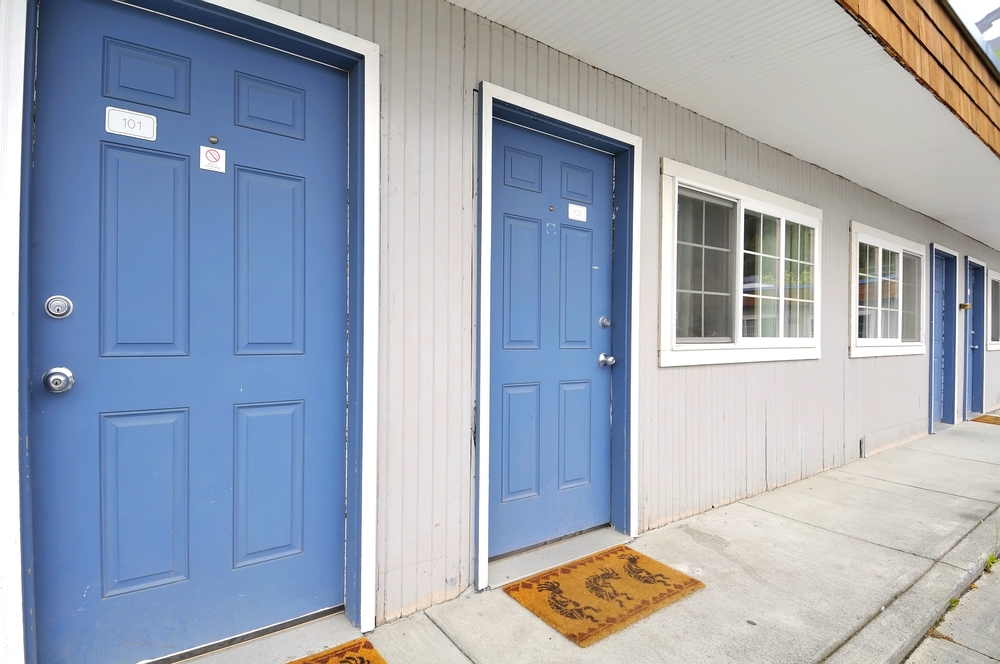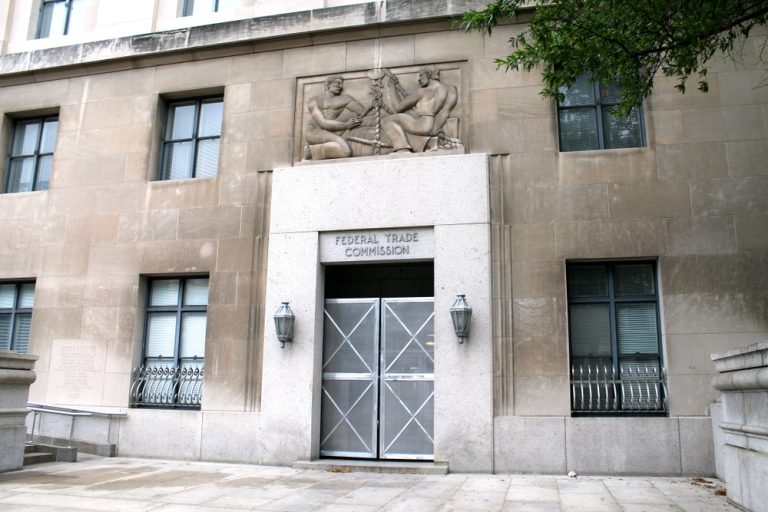You Don’t Get (to) Squat!: Two New Florida Laws Expedite the Unauthorized Guest Removal Process for Hotel and Commercial Properties
You Don’t Get (to) Squat!: Two New Florida Laws Expedite the Unauthorized Guest Removal Process for Hotel and Commercial Properties
On June 2, 2025, Governor Ron DeSantis signed two new pieces of legislation into law, SB 322 and SB 606, aimed at streamlining the eviction/ejection process for unauthorized hotel guests and unauthorized persons within commercial units. During the signing, he stated:
“Florida doesn’t tolerate squatters; we stand with property owners,” said Governor Ron DeSantis. “Florida already has strong protections for homeowners, and the bills I signed today will ensure the same protections for business owners.”
Reaffirming its long standing commitment to property rights, these new laws are meant to relax notice requirements for initiating the removal process and expedite that process once underway.
Senate Bill 322 and its Impact on Commercial Property Owners
SB 322, effective July 1, 2025, creates Section 82.037, Florida Statutes, titled “Limited alternative remedy to remove unauthorized persons from commercial real property.” This law introduces a new nonjudicial eviction process for commercial property owners dealing with unauthorized occupants. Rather than pursuing a traditional court-ordered eviction, property owners may now file a sworn complaint directly with the county sheriff, asserting their ownership and detailing how the occupant gained unlawful access.
The text of the act additionally simplifies the process by providing the language commercial property owners should use when filling their complaint with the sheriff. Once the complaint is verified, the sheriff is authorized to serve notice and physically remove the unauthorized person from the premises. This reformed process is intended to provide faster relief for property owners facing unauthorized entry or occupancy in commercial spaces.
While this process is a boon for commercial property owners dealing with unauthorized tenants, property owners should be also be aware of the penalties for wrongful removal tactics. Section 82.037(5) creates a civil cause of action for anyone wrongfully removed under the statute. If the person claiming they were wrongfully removed prevails, they may recover: actual costs and damages incurred, statutory damages equal to triple the fair market rent, court costs, and reasonable attorney’s fees.
This new procedure does not replace the traditional eviction process for a tenant in default or upon expiration of a lease, nor does it apply to residential leases.
Though the process has been simplified for commercial property owners, due diligence should still be maintained prior to starting the removal process because of the potentially steep penalties for wrongful removal.
Senate Bill 606 and its Impact on the Lodging Industry
SB 606, effective July 1, 2026, updates Section 509.141, Florida Statutes. The act revises and strengthens the legal framework for removing guests from public lodging when they have failed to check out or pay for the unit by check out time.
Under the revised statute, operators must first notify the guest in writing either by (1) e-mail, (2) text message, or (3) printed paper. This notice is effective upon delivery via email or telephone when sent to the contact information provided by the guest. Similarly, the notice is also effective upon delivery if brought directly to the guest’s room. The statute facilitates this process by providing business owner’s with language they can use that will satisfy the notice requirement.
The act really bears its fangs with what happens after notice is given. Should the guest remain or attempt to remain in their room after a request to depart, the guest is guilty of a second degree misdemeanor under Sections 77.802 and 77.083, Florida Statutes. If the guest choose to remain, the owner of the establishment may call law enforcement who is empowered to arrest and take the guest into custody. Business owners should pay careful attention to notice requirements and post relevant and current policies to make guests aware of rights and responsibilities.
Following the removal of a guest, the business operator must take proper means to care for any personal property left behind, and issue a refund of any unused money paid by the guest for the room.
The Takeaway
Together, SB 606 and SB 322 reflect Florida’s 2025 legislative priorities: strengthening property rights, improving enforcement tools, and enhancing legal clarity for businesses. Whether dealing with unruly guests or unauthorized tenants, these laws equip operators with structured, enforceable procedures while preserving accountability and legal protections for all parties involved.









